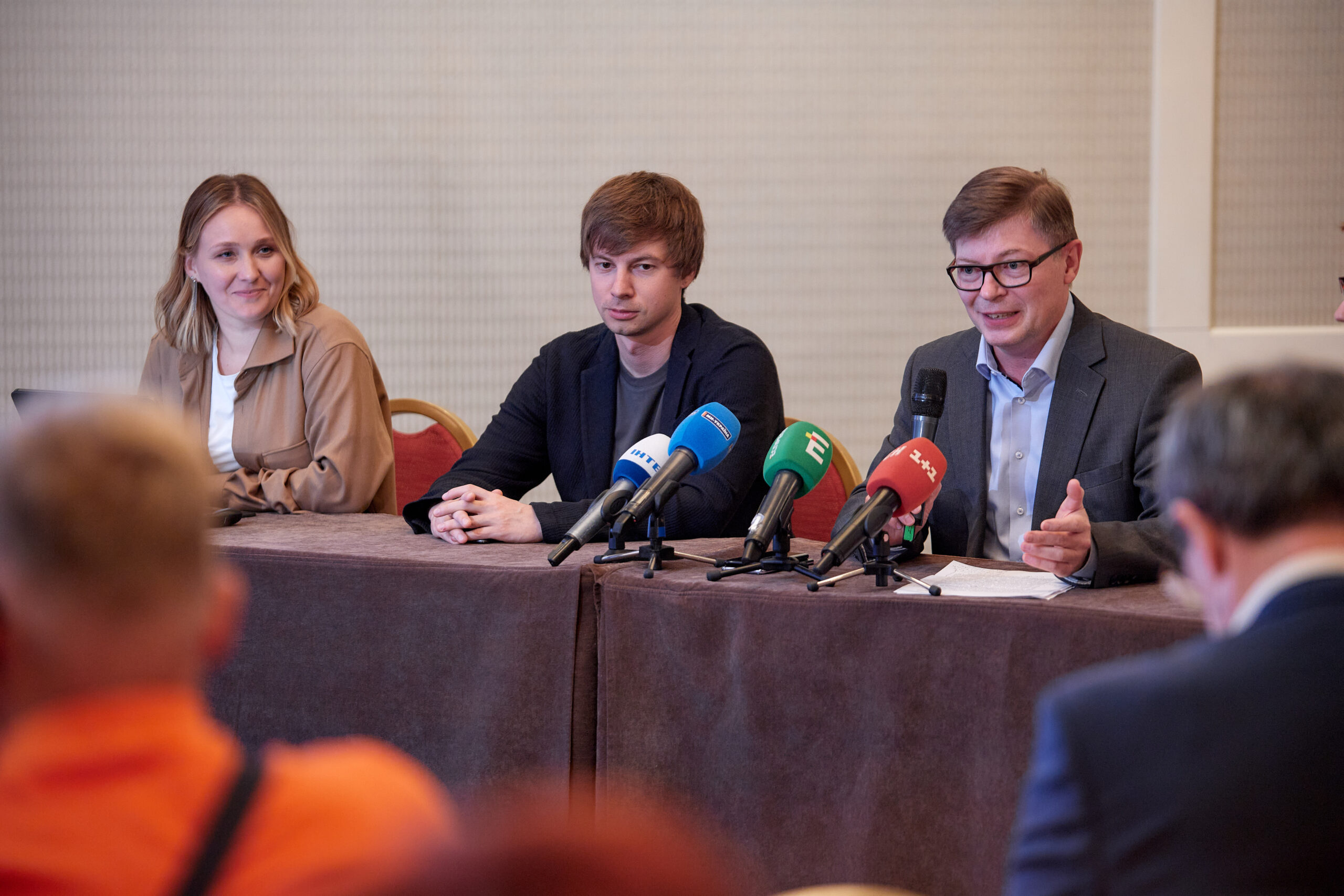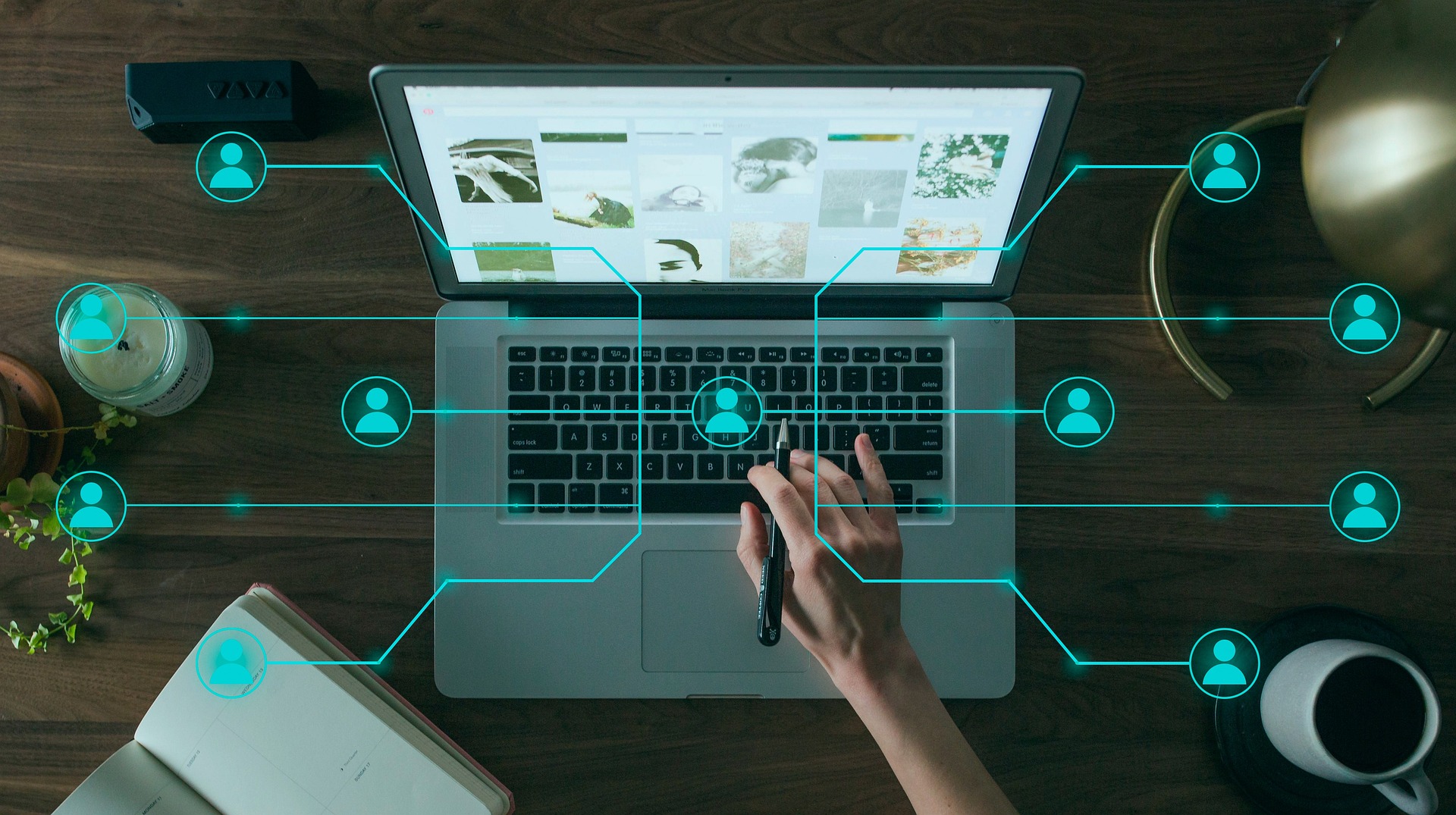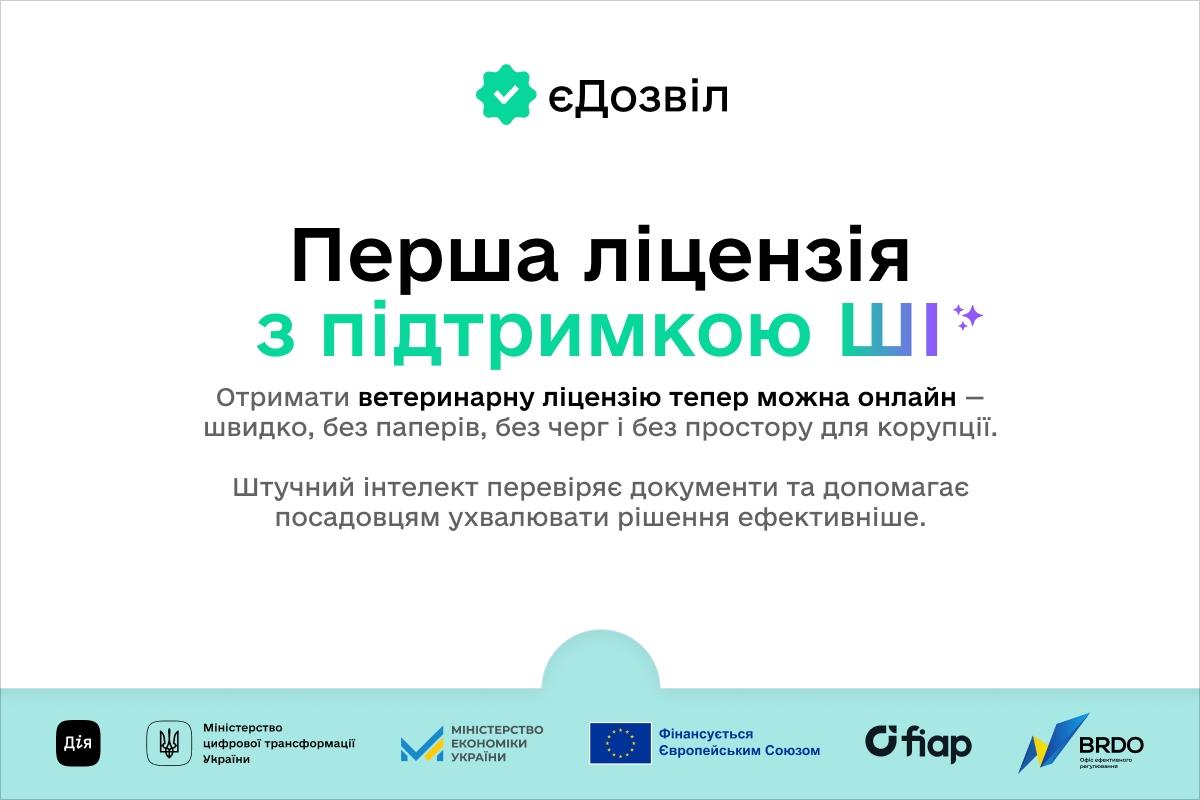
26.09.23
“Updated Informatics – IT-studios” from MDTU and MES supported by the EU is available to every Ukrainian student
On September 26th in Kyiv, the presentation of the “Updated Informatics – IT-studios” took place– a project that redefines Computer Science as a school subject. During the event, updated materials for all participants of the educational process were presented. The project is being implemented on the initiative of the Ministry of Digital Transformation and the Ministry of Education and Science within the framework of the EU4DigitalUA program, which is financed by the European Union.
“Over 4 million Ukrainian students can now study with the updated Computer Science materials. IT-studios represent a fundamentally new approach to education, a practical embodiment of the best modern experience. We have updated the platform so that educational institutions can easily adapt to the digital future, which we are already creating together,” explains Mykhailo Fedorov, Deputy Prime Minister for Innovation, Education Development, Science and Technology – Minister of Digital Transformation.
IT-studios educational resources were created and piloted in the previous academic year in 50 educational institutions. 70 teachers and more than 3,000 students participated. Currently, the materials of “Updated Informatics – IT-studios” are ready for use throughout the system of general secondary education, both in primary, secondary and high school. They are flexible to be used according to any educational program chosen by the teacher.
“The European Union welcomes the achievements of the IT-studios project, which is implemented within the framework of our flagship program EU4DigitalUA. The scaling of innovative resources to all Ukrainian schools is evidence of the cooperation between Ukraine and the EU as well as unwavering support for digital education and digital transformation of Ukraine by the European Union,” noted Rémy Duflot, Deputy Head of the Delegation of the European Union to Ukraine.
During the presentation, the following topics were discussed:
– How educational institutions can register on the platform and start using the educational resources of ITstudios
– How can a teacher integrate IT-studios into the educational process?
– Review of interfaces for each participant in the educational process
– Advantages of the “Updated Informatics – IT-studios” materials on a separate module of the Diia.Education platform
– What the new lessons and interactive sessions look like?
“The updated materials are placed on a separate module of the Diia.Education platform. We surveyed teachers and students, analysed feedback, and improved the platform’s functionality. Among the key features of IT-studios are taking into account the needs of each audience and interactive tasks for assessment and skill refinement. The platform also complies with web accessibility principles to simplify navigation for people with visual or cognitive impairments,” notes Valeriya Ionan, Deputy Minister of Digital Transformation for European Integration.
The platform’s functionality will be expanded by the end of 2023.
“Thanks to partners, experts, methodologists, and the business community, tremendous work has been done to update informatics in schools. Now it’s the turn of teachers and schools to start using IT-studios. At this stage, it’s crucial to integrate this resource effectively into the teaching process and adapt to the new and interactive format of lessons,” said Dmytro Zavhorodniy.
The presentation was joined by experts from Google.org, the Eastern Europe Foundation, the international organization Save the Children, Genesis, UNICEF, and the Kharkiv IT Cluster.
“We are pleased to welcome the successful scaling of resources for all informatics teachers and students in Ukraine. EU4DigitalUA engaged the best Ukrainian and international experts to create a methodology and quality content for students of grades 1-11. Spanish experts conducted research on educational platforms, digital competencies, digital assessment, and teaching and learning methods,” said Maria Gaston Betran, FIIAPP Technical Institutional Coordinator of EU4DigitalUA.
Similar news
EU4DigitalUA Completed 12 NIP System Trainings
EU4DigitalUA has successfully completed a comprehensive user training program for the National Informatisation Program (NІP) system users. It included 12 sessions spanning 24 hours of...
Ministries of Economy and Digital Transformation Launch Ukraine’s First AI-Powered State Service in ePermit
Ukraine has launched its first state service using artificial intelligence for the automatic preliminary verification of documents. The new functionality concerns the issuance of a...


